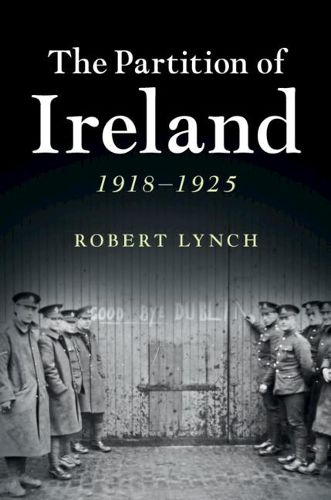Readings Newsletter
Become a Readings Member to make your shopping experience even easier.
Sign in or sign up for free!
You’re not far away from qualifying for FREE standard shipping within Australia
You’ve qualified for FREE standard shipping within Australia
The cart is loading…






Partition represents the most fundamental revolution in modern Irish history. By 1925 the country had been divided into two states embodying rival religious and political identities, an outcome unthinkable only a decade before. While often analysed through the lens of elite high politics, partition was by definition a mass participation event, where decision making was shaped by elections, propaganda and savage acts of violence in defence of or in opposition to the new settlement. By examining the complex interaction of nationalism, religion and politics, Robert Lynch seeks to understand how partition was constructed and imagined by Irish people themselves, arguing for a relocation of partition at the centre of historical understandings of events in Ireland which spanned the Great War. Lynch highlights the deep confusion and expediency which lay behind the partition plan, and how it failed to provide answers to the complex and enduring problems of Irish identity.
$9.00 standard shipping within Australia
FREE standard shipping within Australia for orders over $100.00
Express & International shipping calculated at checkout
Partition represents the most fundamental revolution in modern Irish history. By 1925 the country had been divided into two states embodying rival religious and political identities, an outcome unthinkable only a decade before. While often analysed through the lens of elite high politics, partition was by definition a mass participation event, where decision making was shaped by elections, propaganda and savage acts of violence in defence of or in opposition to the new settlement. By examining the complex interaction of nationalism, religion and politics, Robert Lynch seeks to understand how partition was constructed and imagined by Irish people themselves, arguing for a relocation of partition at the centre of historical understandings of events in Ireland which spanned the Great War. Lynch highlights the deep confusion and expediency which lay behind the partition plan, and how it failed to provide answers to the complex and enduring problems of Irish identity.